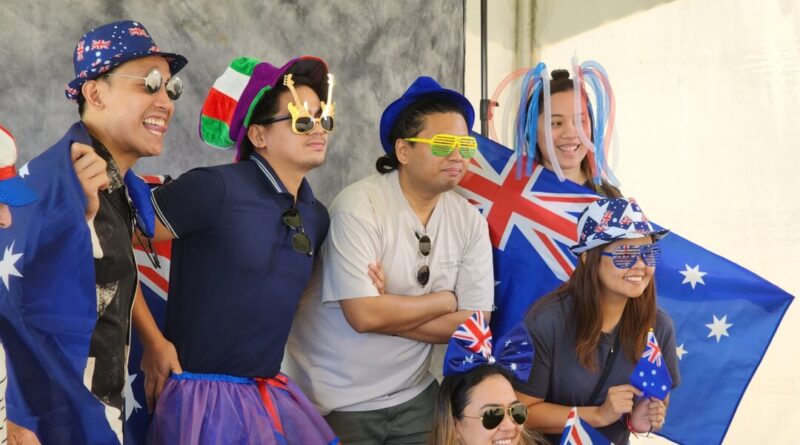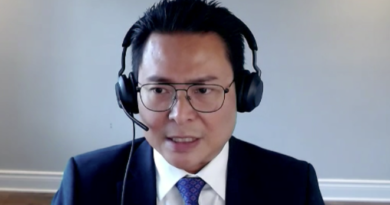There will still be an aerial show, a 21-gun salute at the Shrine of Remembrance, and a flag-raising ceremony at Government House.
The Victorian Allan government has not made plans to reinstate its Australia Day parade, which was first canceled in 2020.
Australia Day is a national public holiday, commemorating the date when Captain Arthur Phillip landed in Sydney Cove and raised the Union Jack.
The annual celebration has faced growing criticism, focusing on colonialism and the treatment of Aboriginal Australians in the country’s history.
First Peoples’ Assembly of Victoria Co-Chair Ngarra Murray told the Herald Sun that it was the right decision to permanently scrap the parade.
“The Aboriginal community has a range of views on Jan. 26, but whichever way you look at it, it’s a day of mourning for a lot of our people,” he said. “So, it’s not a date to celebrate.”
The Victorian government is replacing the celebrations with a variety of family activities that promote respectful reflection, togetherness, and inclusion at Government House and Federation Square.
There will still be an aerial show, a 21-gun salute at the Shrine of Remembrance, and a flag-raising ceremony at Government House.
Co-chair of the First Peoples’ Assembly of Victoria Marcus Stewart said axing the parade was a small but positive step forward for Aboriginal and Torres Strait Islander people.
“The parade was a slap in the face and only rub salt in the wounds. It was a mark of the harm and the hurt that was caused through colonisation,” he told SBS News.
“Now we can start a mature dialogue in this country around what a day looks like, that we can all celebrate a day that brings us together and doesn’t push us apart,” he said.
Majority Support Australia Day: Survey
A 2023 survey from the Melbourne-based Institute of Public Affairs (IPA) found that 63 percent of the 1,000 Australians they interviewed agreed that Australia Day should be celebrated on Jan. 26.
The survey contained three statements, and asked participants to state whether they agreed, disagreed, or neither agreed or disagreed to them.
The statements included “I am proud to be Australia,” “Australia has a history to be proud of,” and “Australia Day should be celebrated on Jan. 26.”
Yet, in 2017, the left-leaning Australian Institute found that 56 percent of the 1,417 Australians they surveyed did not mind when Australia Day was held, as long as there was a day to celebrate the nation.
Deputy Executive Director of the IPA, Daniel Wild called the Victorian government “morally and culturally bankrupt” because of its decision.
“Unfortunately, this is more of the same from the worst government in Victoria’s history, and its decade of divisiveness, which has always sought to put the demands of activists first and mainstream Victorians last,” he said.
Wild said that in canceling Australia Day celebrations, it was indirectly seeking to cancel Australian history and culture.
“Australia Day is the day we rightly celebrate the settlement and formation of modern Australia, which took place on Jan. 26, 1788,” he said.
“Despite the continued campaign of the political class and elites to denigrate and cancel our national day, a strong majority of Australians still support Jan. 26 as Australia Day,” said Wild.
Originally, other colonies around Australia had different founding day holidays, and Jan. 26 was instead a public holiday for New South Wales called Foundation or First Landing Day.
The public holiday was adopted across all states in 1910 and was celebrated under the name Foundation or Anniversary Day. The day was then renamed Australia Day across all states in 1935 and declared a national holiday in 1994.
Suggested Impact of Date
Wild said that the decision to recognize and celebrate Australia Day on Jan. 26 could not come at a more critical time.
He noted Australians were seeing the breakdown of social cohesion.
“Religious and ethnic division, formerly so foreign to our nation, is now seen regularly on our city streets and university campuses,” he said.
“Uniting around our national day, Australia Day, and our national flag, reminds Australians that there is far more that unites us than divides us,” Wild said.
“This is vital if we are to regain our sense of community.”
Source link





